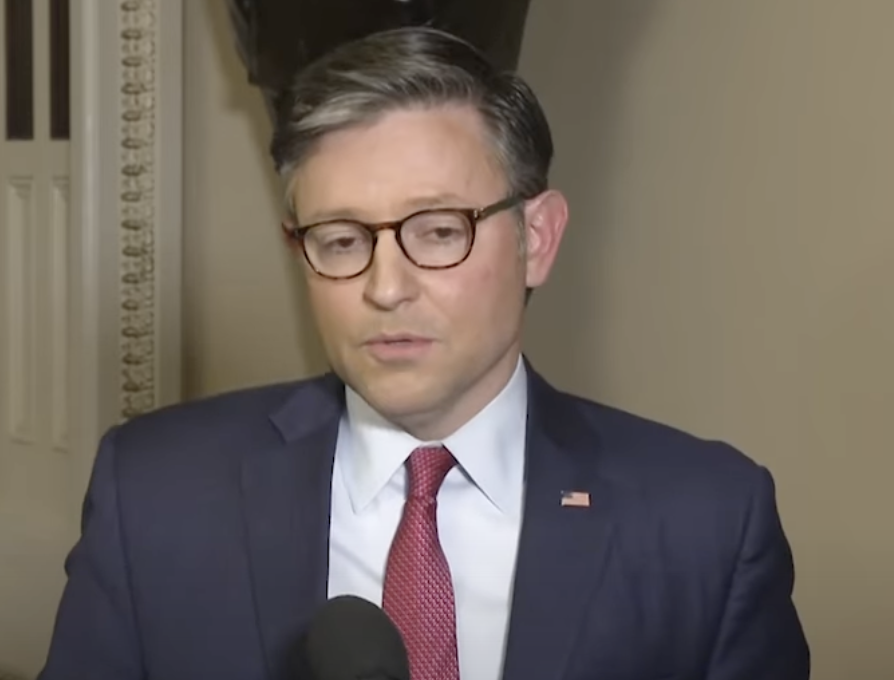
Nuclear Security & Deterrence Monitor Vol. 28 No. 36
Visit Archives | Return to Issue PDF
Visit Archives | Return to Issue PDF
Nuclear Security & Deterrence Monitor
Article 1 of 10
September 20, 2024
The momentary rise and abrupt fall of Speaker Mike Johnson’s continuing resolution

WASHINGTON — After lurching back to the House floor Wednesday, the House speaker’s six-month continuing resolution again failed to rally enough support to pass the chamber.
The bill went down 202-220, with 14 Republican holdouts, two Republicans voting present…
Partner Content